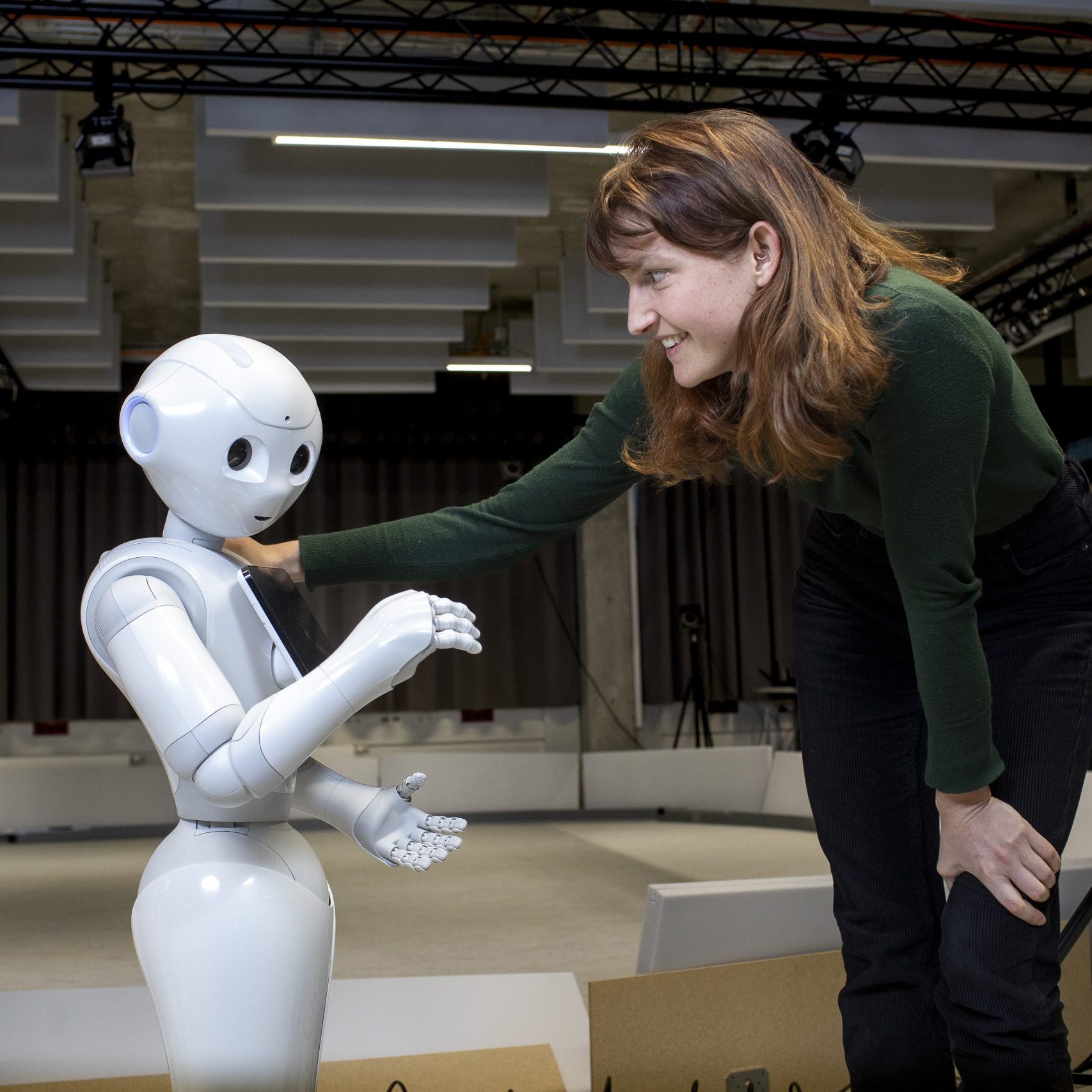
- This event has passed.
Fumiya lida (University of Cambridge) “Info-Bodiment: Informatization of Robot Embodiment for the Next Generation AI Robots”
13 June, 2025 @ 2:00 pm - 4:00 pm
There is growing interest in applying AI technologies to the control of intelligent robotic systems. While this research has led to promising developments, it still faces major challenges due to its heavy reliance on learning from limited datasets—often dominated by visual information. In this talk, I will introduce “Info-Embodiment” as a new research framework for realizing Embodied Intelligence, along with its underlying technological foundations. As advances in soft robotics and functional materials enable deeper integration between the informational and physical realms, we are beginning to see the emergence of novel forms of embodied intelligence. Within this evolving landscape, I will explore how rapidly advancing fields such as machine learning can help accelerate progress. Going beyond conventional models of body control and AI as abstract computational systems, this approach positions the body itself as an active site of information processing and generation, opening new possibilities for intelligent behavior.
Bio
Fumiya Iida is Professor of Robotics at the Department of Engineering, University of Cambridge. Previously he was an assistant professor for bio-inspired robotics at ETH Zurich (2009-2014) and a lecturer at Cambridge (2014-2018). He received his bachelor and master degrees in mechanical engineering at Tokyo University of Science (Japan, 1999), and Dr. sc. nat. in Informatics at University of Zurich (2006). In 2004 and 2005 he was also engaged in biomechanics research of human locomotion at Locomotion Laboratory, University of Jena (Germany). From 2006 to 2009 he worked as a postdoctoral associate at the Computer Science and Artificial Intelligence Laboratory, Massachusetts Institute of Technology in USA. In 2006 he was awarded the Fellowship for Prospective Researchers from the Swiss National Science Foundation and, in 2009, the Swiss National Science Foundation Professorship. He was a recipient of the IROS2016 Fukuda Young Professional Award, Royal Society Translation Award in 2017, Tokyo University of Science Award in 2021. His research interests include biologically inspired robotics, embodied artificial intelligence, and biomechanics of human locomotion and manipulation, where he was involved in a number of research projects related to dynamic legged locomotion, navigation of autonomous robots, and human-machine interactions. For more information, visit the Bio-Inspired Robotics Laboratory website.
This talk is part of Aravind Battaje‘s course “Mind, Body, Environment: An Interactive Seminar on Embodied Intelligence,” a seminar introducing to key theories and research highlighting this shift in perspective through invited lectures from experts in the field and interactive sessions.





